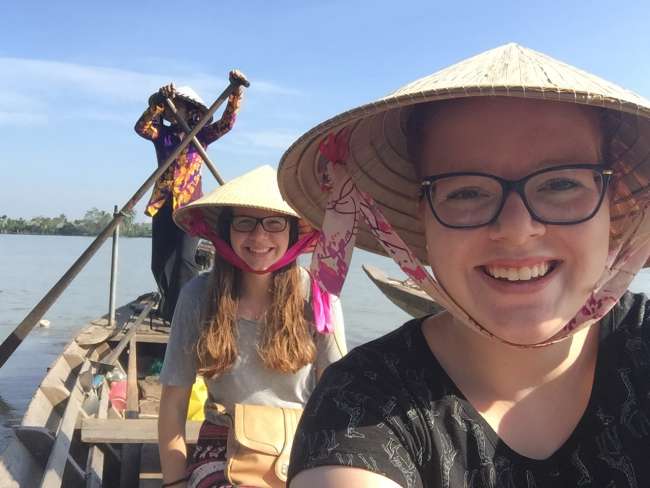26.01.2017 Township Tour with Mzu (www.imzutours.co.za)
発行済み: 13.02.2017
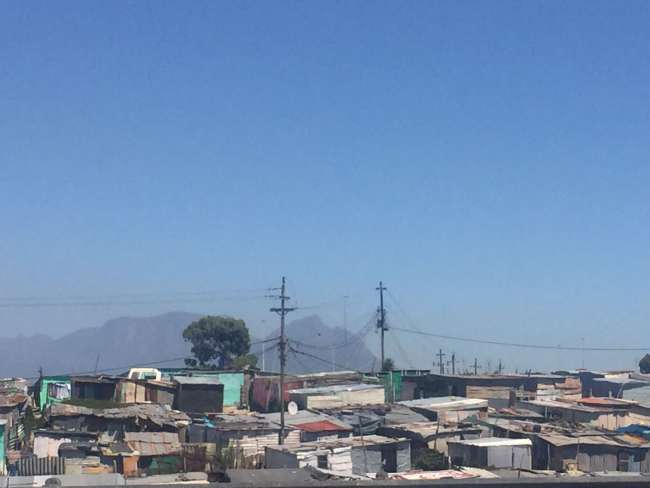
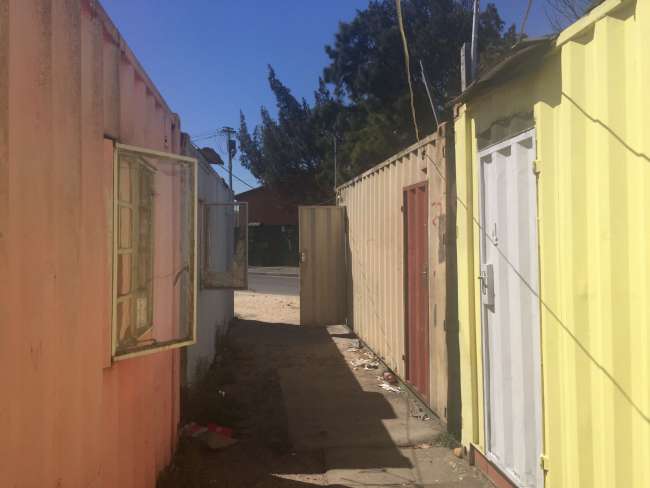
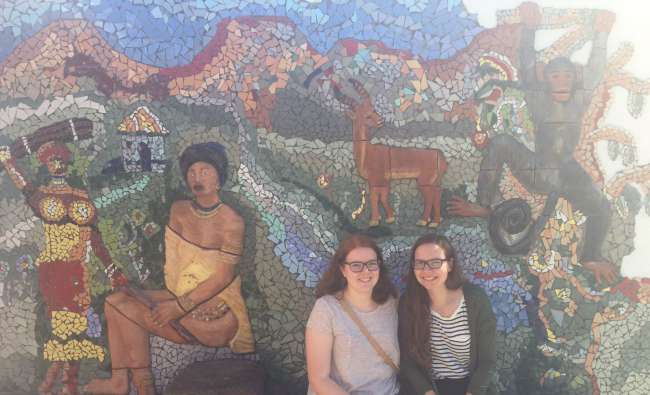
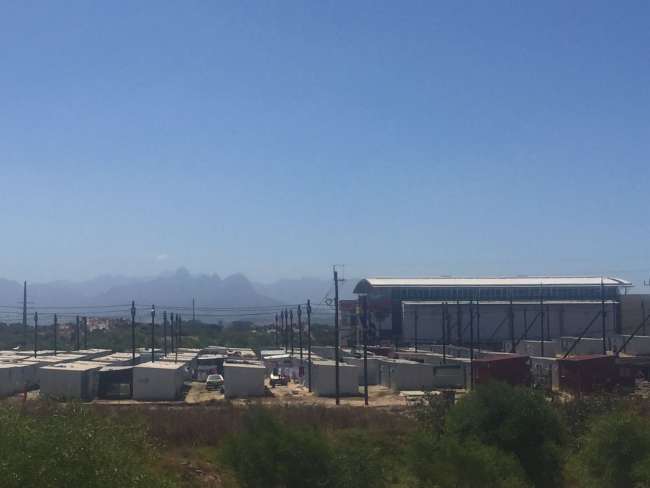
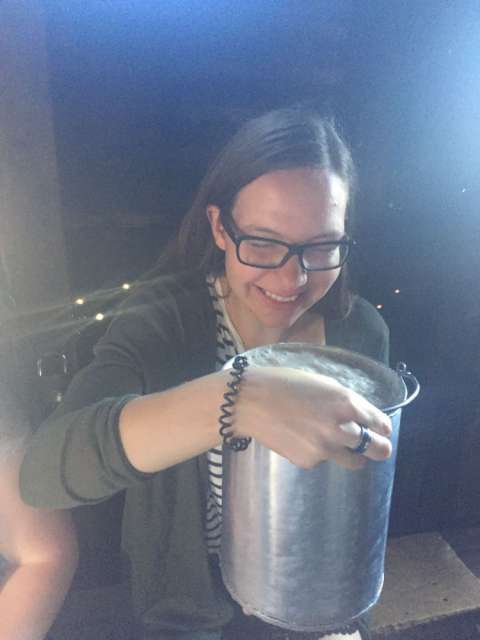
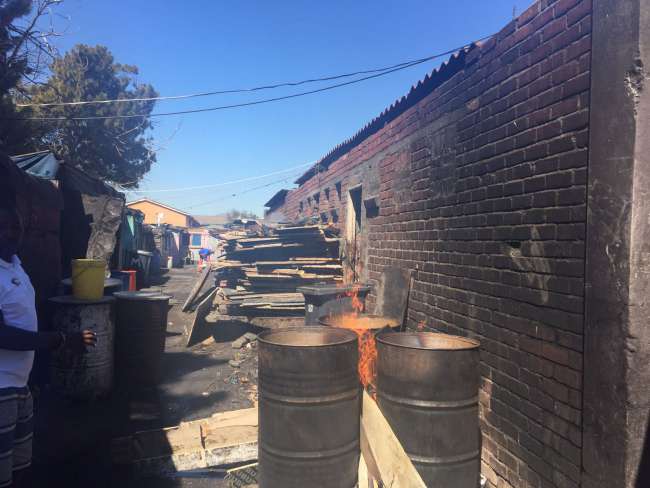
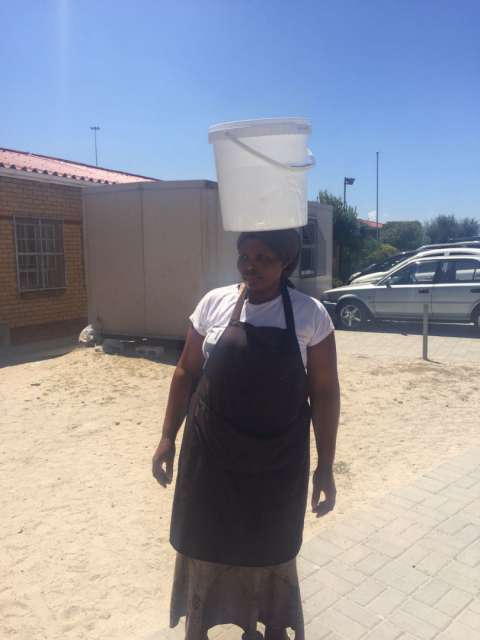
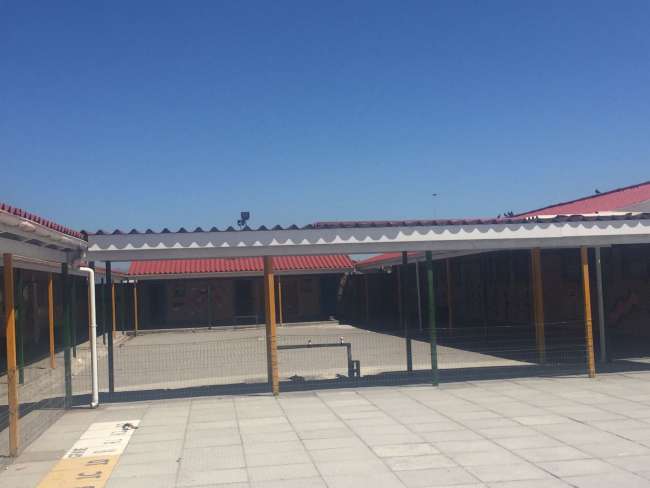
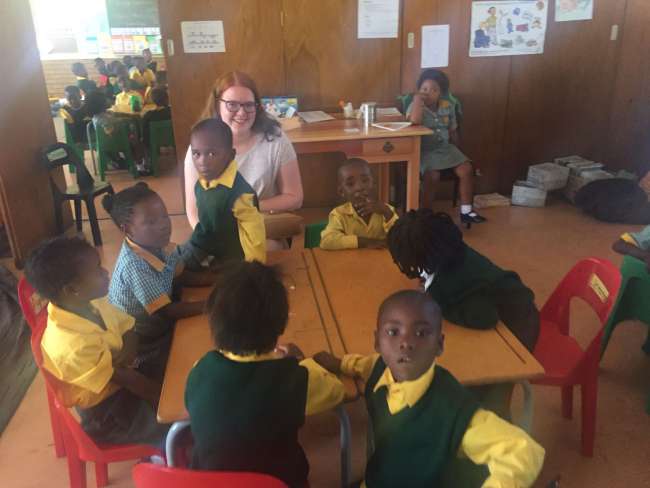
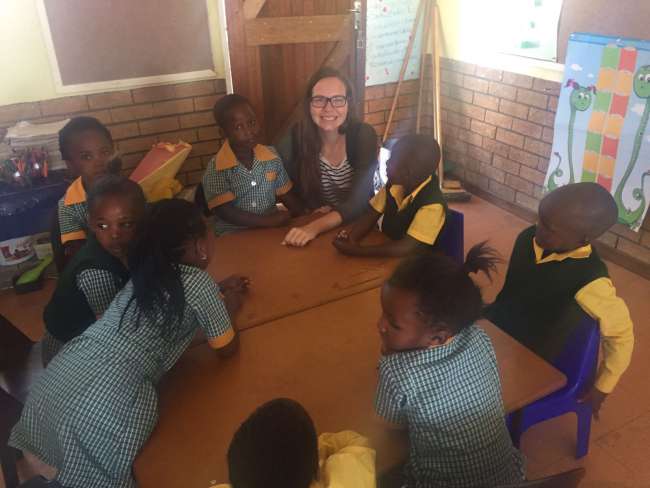
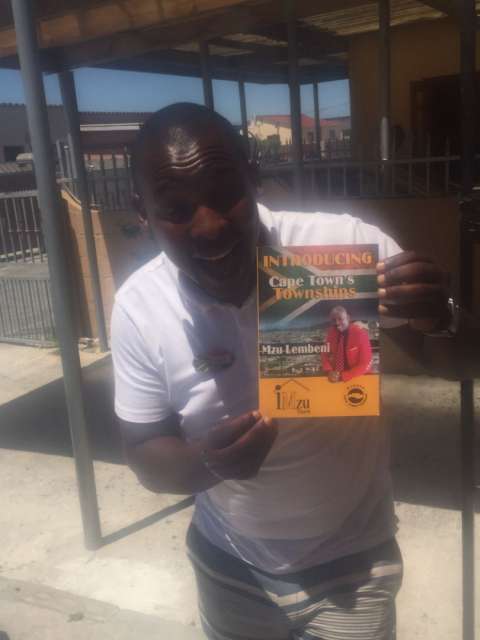
ニュースレターを購読します
From the beginning, it was clear to us that we would like to do a township tour in Cape Town. The opinions on this are quite different, often 'dark tourism' is mentioned in the same breath, as the misfortunes of other people are marketed as attractions. Of course, everyone has to decide for themselves whether this is morally justifiable; we found it very impressive and consider it an important part of South Africa. I would even go so far as to say that one cannot really say they have seen South Africa without experiencing the townships.
We were lucky to be well advised at a tourist information center and booked a tour with Mzu. He grew up in the Khayelitsha township and still lives there today. He organizes small tours with a maximum of four people, which of course allows for a much more intimate and better insight than a group of 20 tourists. We started in Langa (isiXhosa for 'sun'), the oldest township in South Africa. After visiting the tourist and cultural center, we were able to visit a 'home'. In Langa, two families of 5-6 people share a shipping container. Just imagine that...
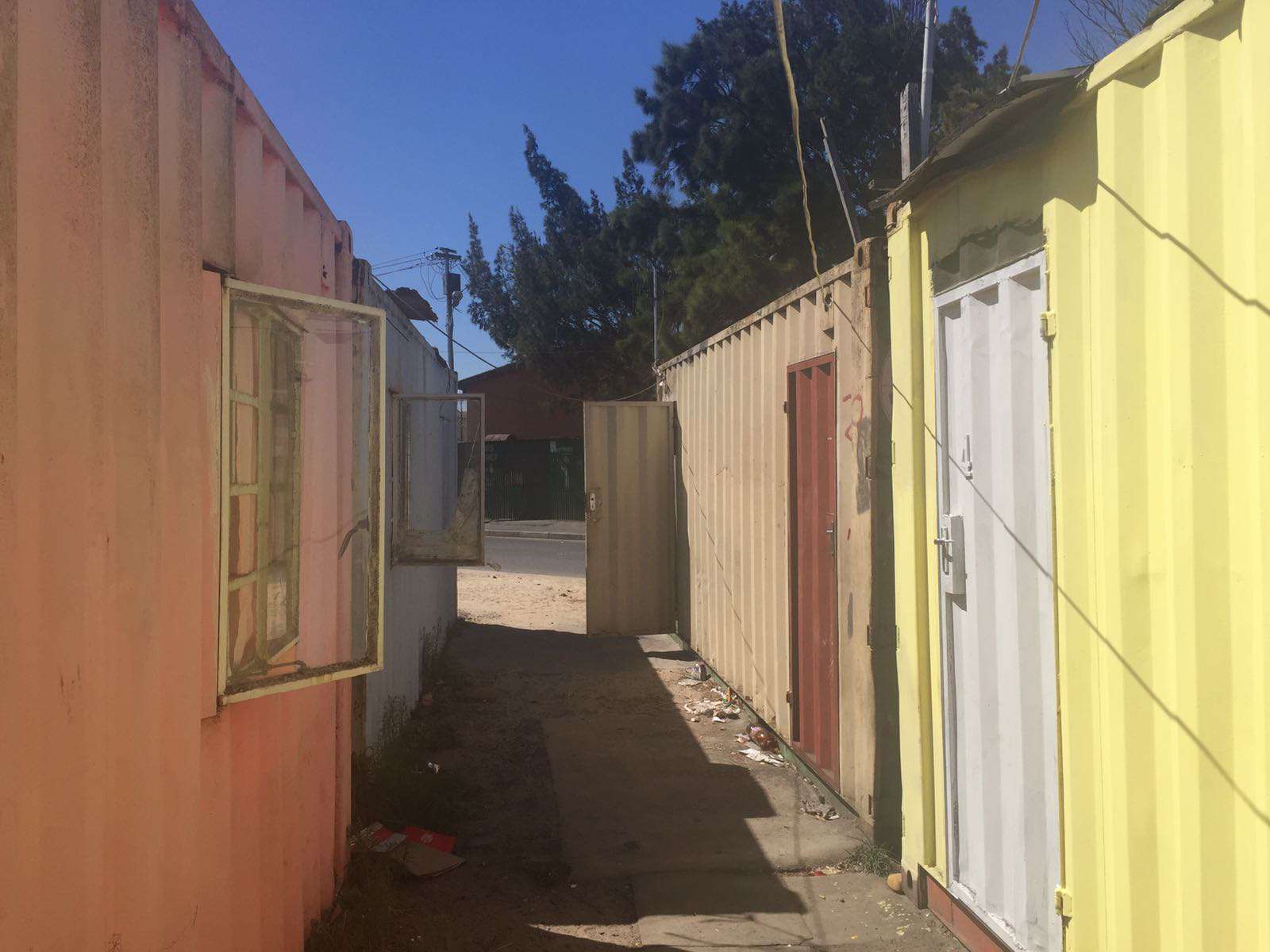
The container is divided in the middle by a thin wall, so there is exactly one bed and a small kitchenette on one side. The children usually sleep on the floor, and since there is not enough space for a wardrobe, the entire family's clothes are stored on a chair. Normal cooking, learning, playing or relaxing is of course not possible. Several families share a bathroom, which can be very far away. But often there are no sanitation facilities available. Unfortunately, it can get worse: Many people have to live in tin shacks that are completely unstable and highly dangerous, as the risk of fire is high and fire can spread incredibly quickly, as the shacks are all built close together due to lack of space. Before our visit, a large part of Khayelitsha fell victim to a fire when a man forgot to turn off the stove. It is believed that he was drunk. Alcohol and drug abuse are major problems in the townships. So many people lose their lives every year.
(small note on the described living conditions: In the townships, there is an underclass, middle class, and upper class, just like everywhere else. The two aforementioned homes belong to the underclass, which makes up the majority of the townships. The middle class already has small houses with water and electricity, but often 2-3 families live in very close quarters. Upper class families have very good incomes but choose not to move away so they can afford a better and more comfortable house)
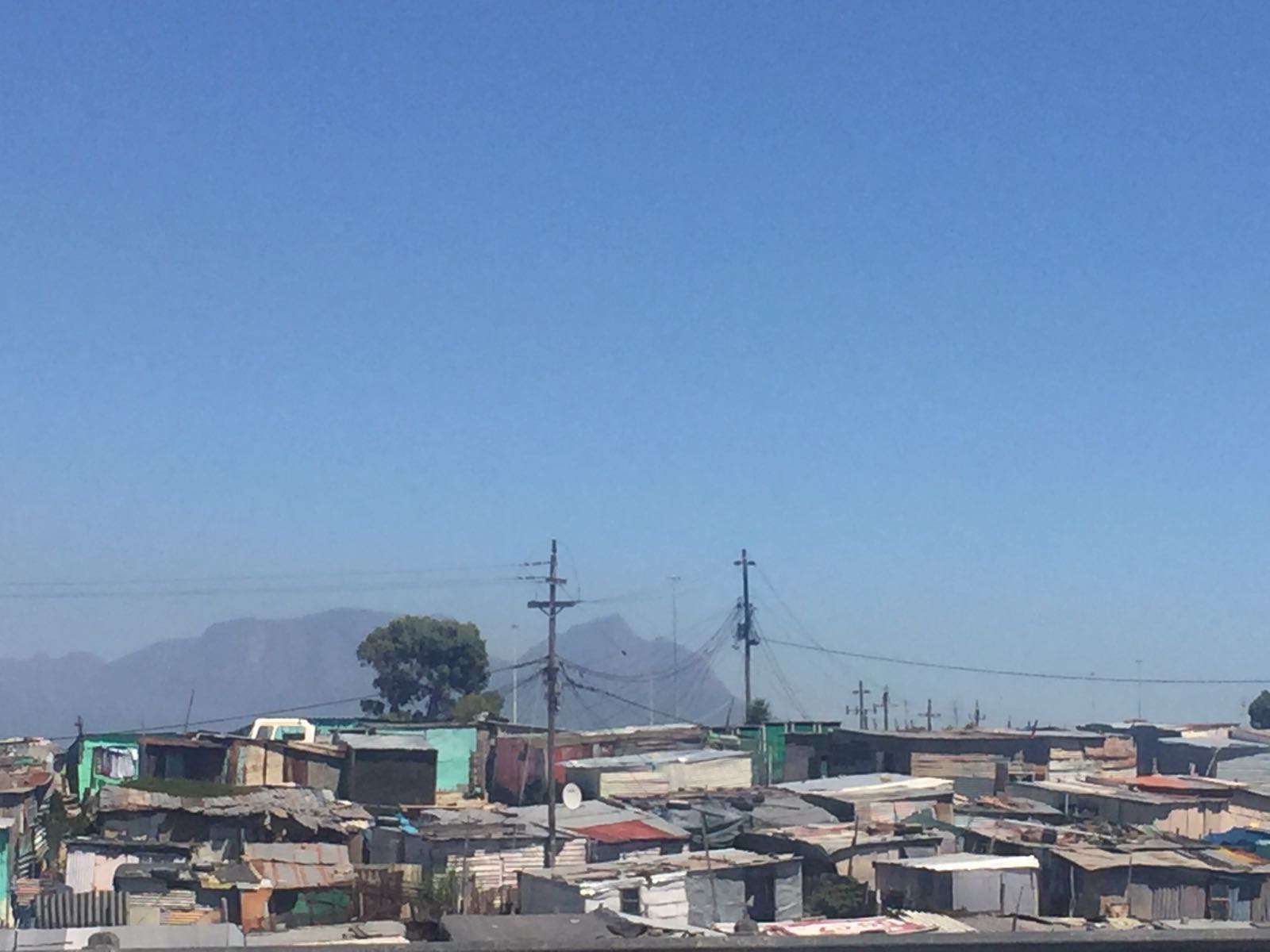
Life in the townships is generally dangerous. This starts with obvious problems such as gang rivalries, general crime, and the high HIV rate. But there are also much 'trivial' things. For example, many people tap into the traffic lights around the townships to get electricity, which causes an incredible number of deaths. And even then, this is not a particularly practical source of electricity, because they only provide electricity when the traffic lights are green (I have no idea how that works...).
After our visit to the homes, we were allowed to see a traditional tavern. The home-brewed beer is served in buckets and is passed around in a circle until it is finished. We sat down and got to taste some. It didn't taste too bad! The tavern itself was one of the aforementioned tin shacks and made a very dreary impression. The floor was muddy and soaked from the rain, while the smoke from a nearby fire filled the room. It is still hard to imagine that this is a place of enjoyment...
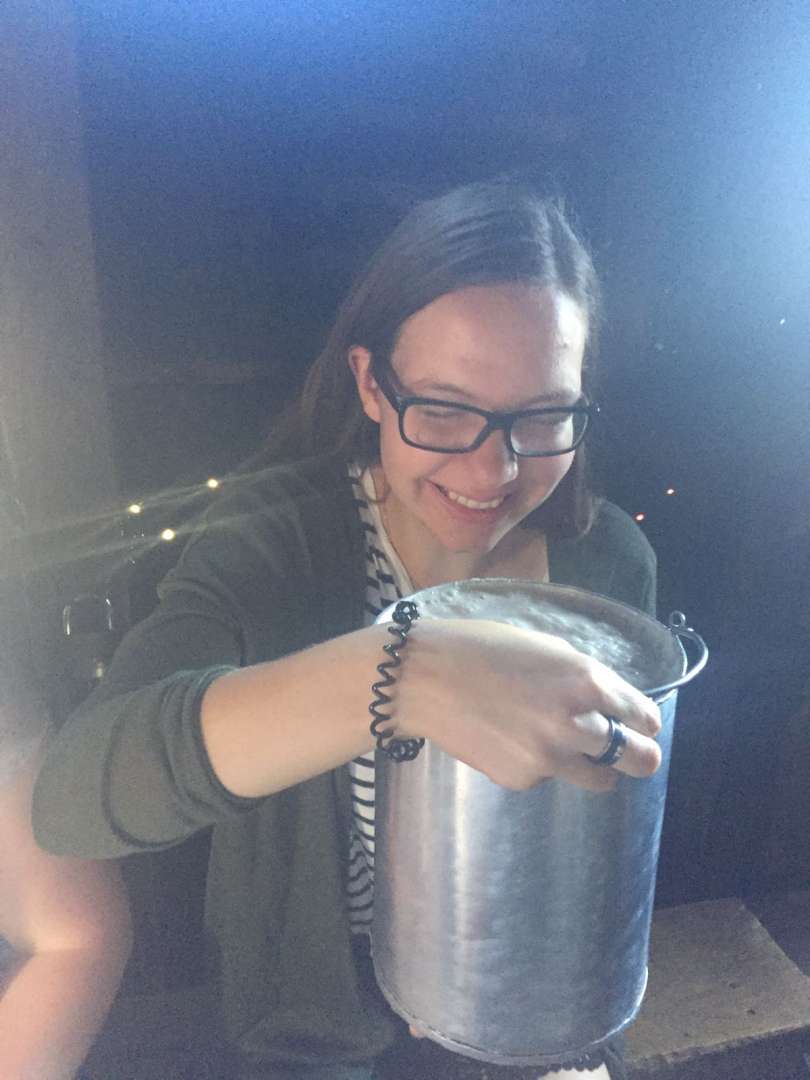
After Langa, we were able to visit Khayelitsha ('new home'). It was established in 1985 during apartheid and is the largest township in South Africa in terms of area. Fortunately, Mzu gave our heavy hearts a little break and showed us a school that pleasantly surprised us!
His tour started in the school kitchen, where several people cook and wash dishes three times a day as volunteers. The organization Peninsula School Feeding Association (www.psfa.org.za) collects donations to provide three meals a day for the children, as it is logically difficult to learn on an empty stomach.
We tried to balance water canisters on our heads like African women, but of course that didn't really work, even though they had filled a smaller bucket for us.
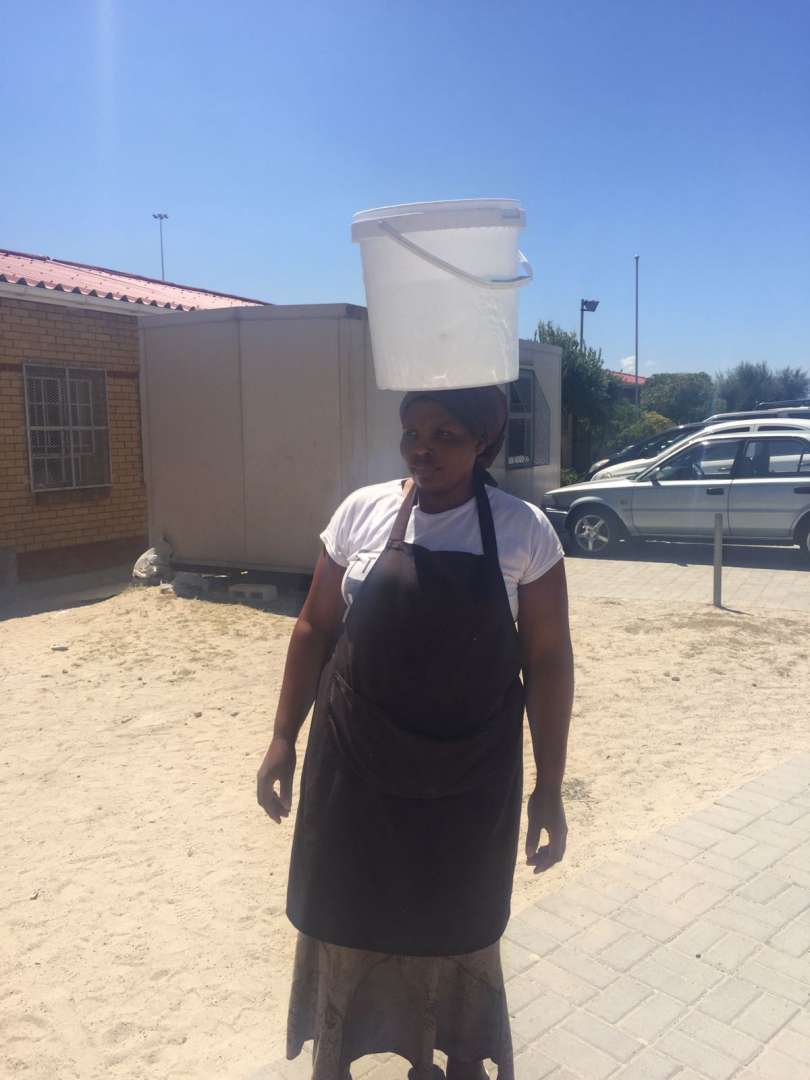
Afterwards, we were allowed to visit a kindergarten. The classes are quite large, but the facilities made a very good impression. Even at the age of four, the children are introduced to the alphabet through play, and there is a lot of singing and laughing. This was probably a class that had not had many visits from white tourists before; the children were very curious and attached, constantly touching us and looking at us in amazement.
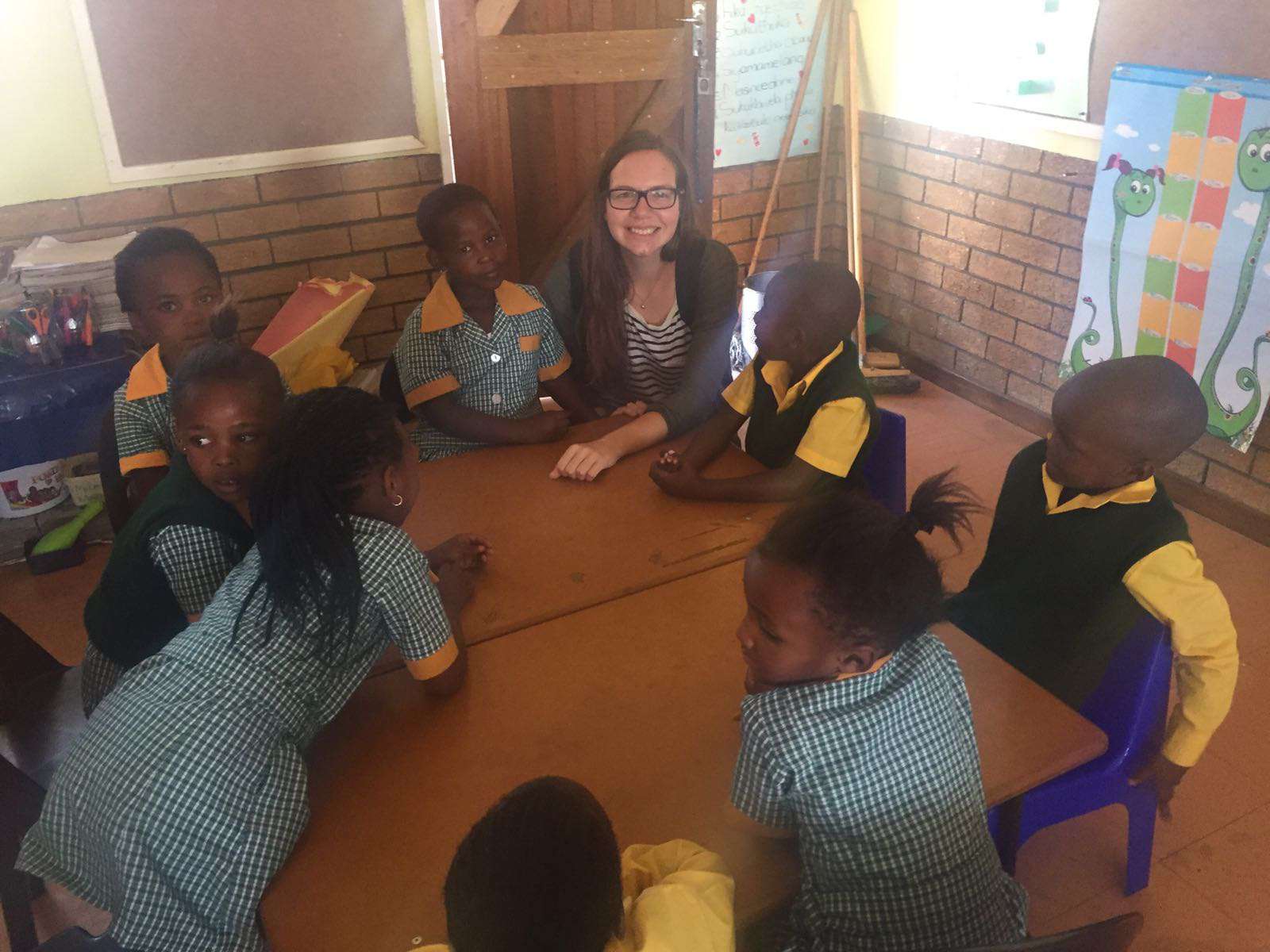
After visiting the school, we felt a little better. The optimism and hope that is placed in education lifted our spirits and even provided some relief. It is good to know that this situation in the townships is not completely hopeless!
Currently, it is expected to take over a hundred years for the inequality between whites and blacks to be balanced. It is truly tragic that the black middle class and below live in townships - while not a single white person resides there. Although apartheid ended in 1994, the townships are the best example of how unequal South Africa still is and how many blacks are only free on paper.
In general, the people here have impressed us incredibly. These people have nothing and were still willing to share their beer with us. They are friendly, open, and appreciate tourists, as they can contribute to understanding, which is simply a wonderful attitude!
Fortunately, the township tour with Mzu was mostly on foot; many companies offer bus tours. We cannot recommend that at all, as interacting with the people makes the extent of the township problem truly recognizable.
All in all, this was probably the most impressive experience I have had so far, and I really feel like I learned a lot for myself and my attitude towards many things.
ニュースレターを購読します
答え

